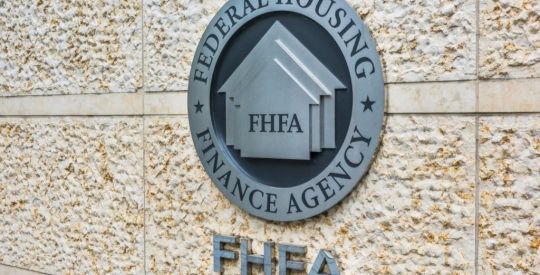Financial institutions are gradually becoming more willing to lend to consumers, however the Congressional Budget Office expects the pace of improvement in credit conditions will slow as banks begin to anticipate a weaker economy next year.
For most loans, qualification standards and terms such as down payments remain still stricter than they were before the financial crisis, the CBO says in its latest update to the nation’s economic output.
Some households will probably pull back on spending later in the year in response to rising concerns about the effects of future fiscal tightening. Although house prices seem to have reached their bottom, the CBO estimates that they will “rise only modestly for some time, in part because the recovery in the housing market is likely to be dampened by concerns about what will happen to the economy in 2013.”
CBO sees budget deficits dropping significantly as a share of gross domestic product over the next few years. Under current law, the CBO projects the deficit will fall to $641 billion, or 4% of GDP, in 2013, almost $500 billion less than the shortfall in 2012. The percentage will continue to decline in 2014 to 2.4%.
“Such fiscal tightening will lead to economic conditions in 2013 that will probably be considered a recession, with real GDP declining by 0.5% between the fourth quarter of 2012 and the fourth quarter of 2013 and the unemployment rate rising to about 9% in the second half of calendar year 2013,” the CBO says.
In response to the CBO report, the White House released a statement, saying that it “reinforces the urgent need for House Republicans to follow the Senate’s lead and pass a bill that gives middle-class families the confidence that they won’t see their taxes go up at the beginning of next year.”
In July, President Obama asked Congress to give a one-year extension to Bush-era tax cuts for people making under $250,000 per year. Economists, including Federal Reserve Chairman Ben Bernanke, warn that a failure to address the issue could lead to shocks within the economy.
The CBO expects the nation’s unemployment rate to decline to 5.7% in the fourth quarter of 2017. By that time the nation’s annual deficit will be around 1% of GDP, it says.
Because of the large amount of unused resources in the economy, the rate of inflation will remain low in 2013, the budget office projects. And interest rates on Treasurys are expected to be very low next year.
Real residential investment rose at an average annual rate of 15.1% in the first half of this year, according to the CBO, up from year-ago levels. (Click on graph below for greater detail.)
The growth, the CBO says, is in part a response to the continued decline in the number of vacant housing units, which, because of overbuilding during the housing boom and slow household formation after the peak of that boom, became a record share of the overall housing stock during the recession.
After the weak residential investment of recent years, the number of vacant units in excess of what would be expected under normal market conditions fell to 1.6 million, or 1.2% of the total stock, in the first half of 2012, down from a peak of 2.9 million units in the fourth quarter of 2008.
“As the number of vacant units continues to decline, real residential investment is likely to continue to grow at a robust pace during the second half of 2012 even though some people (such as those with poor credit histories) remain largely shut out of the mortgage market,” the CBO says.






